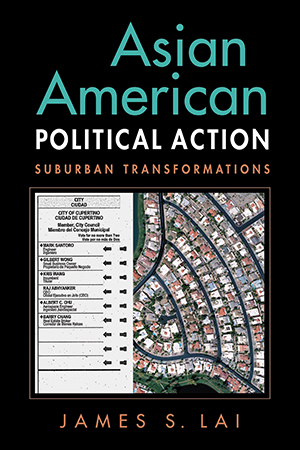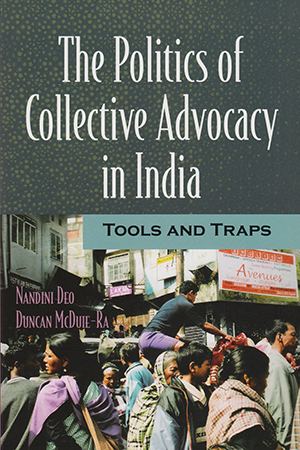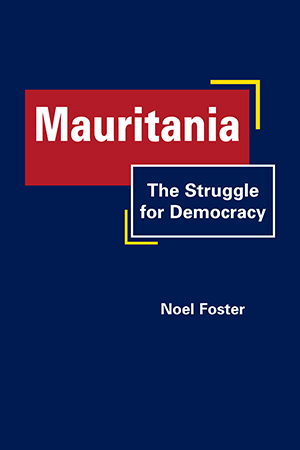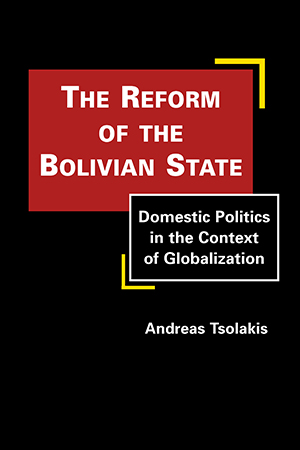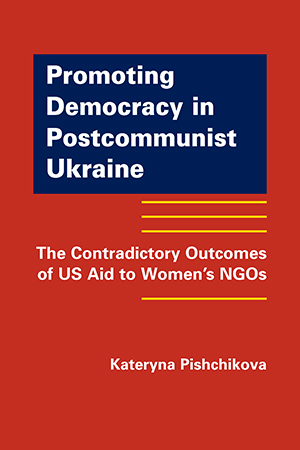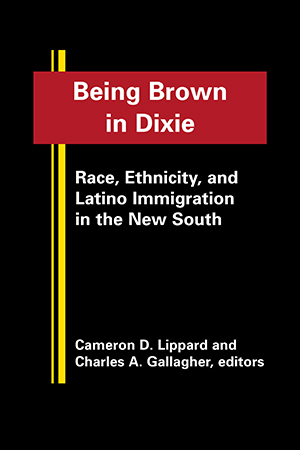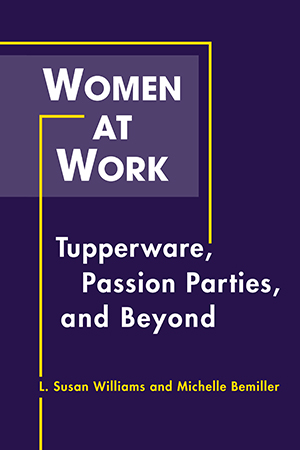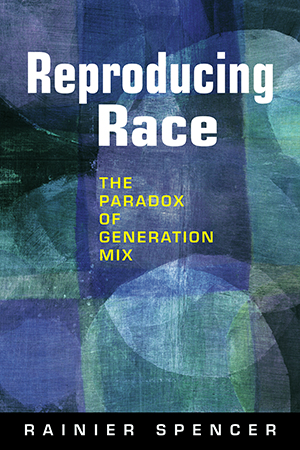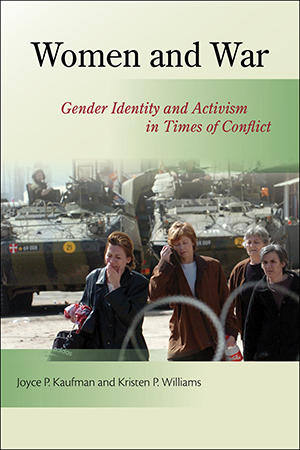BOOKS
Where are Asian Americans gaining political power in the United States today? And how? Looking beyond traditional conceptions of immigrant political behavior in "gateway" cities, More >
Nandini Deo and Duncan McDuie-Ra explore India's vibrant civil society sector, focusing on the ways that it actually operates "on the ground." Offering an insightful analysis, More >
Why did a clique of Mauritanian officers risk their lives to overthrow the autocrat they had served for twenty years, only to cede power to an elected civilian? And having won acclaim for More >
In 2005, two decades after President Victor Paz Estenssoro's New Economic Policy heralded the beginning of a profound transformation for Bolivia, violence had become endemic in the More >
Considerable material and human resources are devoted to building democratic institutions around the world. Why, then, do assistance programs fail to meet their proclaimed goals? And why More >
How has the dramatic influx of Latino populations in the US South challenged and changed traditional conceptions of race? Are barriers facing Latinos the same as those confronted by African More >
Do Tupperware parties and Mary Kay sales empower individual women, or do they exploit personal relationships for corporate gain? Looking through the overlapping lenses of gender, work, and More >
Is postraciality just around the corner? How realistic are the often-heard pronouncements that mixed-race identity is leading the United States to its postracial future? In his provocative More >
Joyce Kaufman and Kristen Williams draw on both traditional and feminist IR theory to explore the roles that women play leading up to, during, and after conflict situations, how they spur More >
ForeWord Magazine's Reference Book of the Year! The three-volume Encyclopedia of the Israeli-Palestinian Conflict is the first authoritative reference source to provide comprehensive, More >



